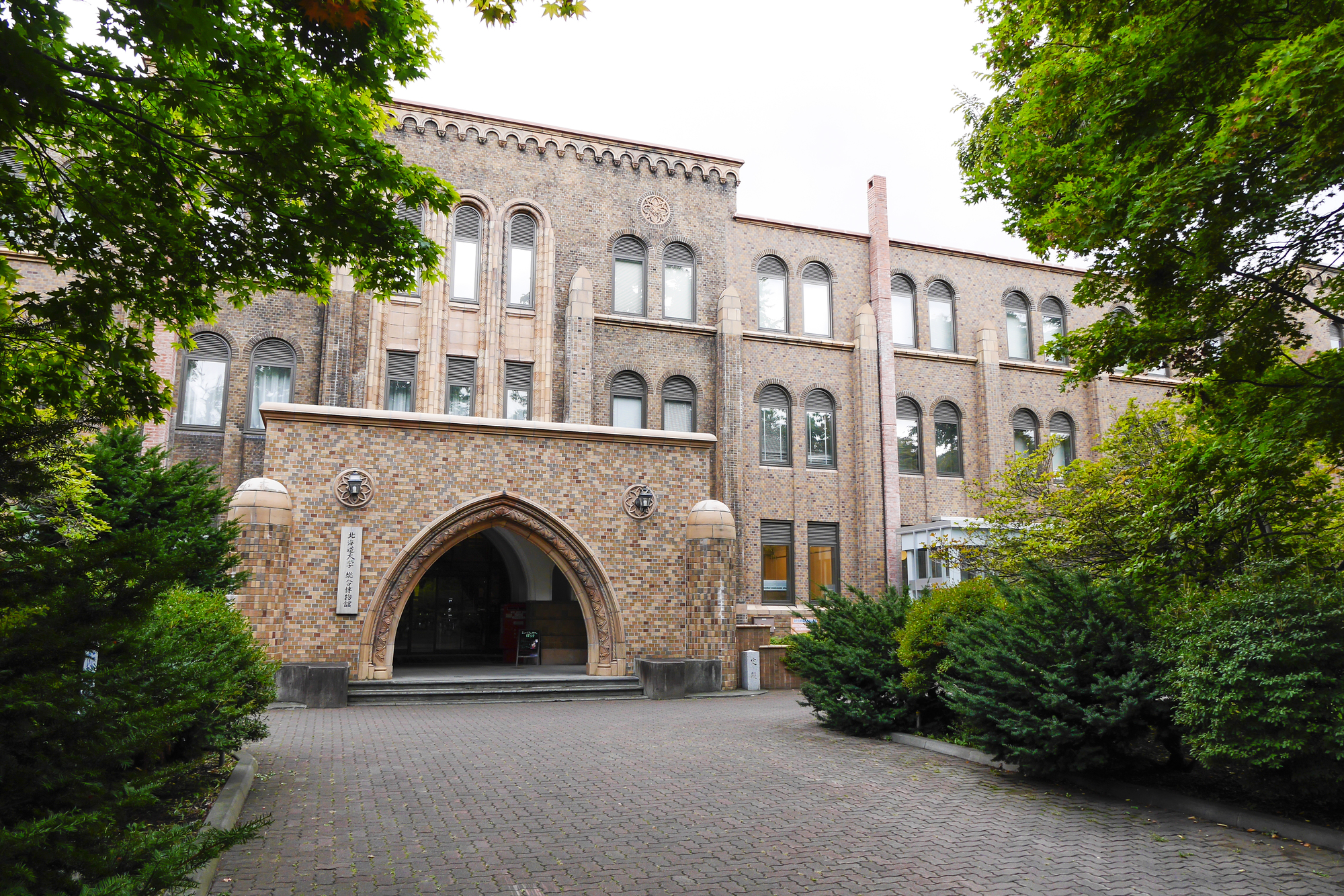A research group led by Professor Akinori Takaoka of the Institute for Genetic Disease Control, Hokkaido University, found that aromatic hydrocarbon receptors (AHRs) suppress excessive type I interferon (IFN) responses caused by viral infections and are harmful. Announced that it has found a new braking mechanism to control the response.The result is said to be a joint research with research groups of Health Sciences University of Hokkaido, Toronto University (Canada), and Oslo University (Norway).
AHR is an in-vivo compound sensor for dioxins generated by incinerator of garbage, and its physiological role is being elucidated in recent years.However, the effect on the innate immune response during viral infection was unknown.
Now, the research group has discovered a negative regulatory effect of AHR on IFN.IFN is induced as an antiviral defense during infection with various types of virus, and the level of induction of IFN expression is controlled from the steady state (before virus infection) by signal transduction into cells via AHR. It was revealed that there was.
Furthermore, the above control mechanism was also elucidated. TIPARP (TCDD-induced poly-ADP-ribose polymerase) induces the expression of tryptophan metabolites such as kynurenine via AHR.The regulatory mechanism was revealed to be based on the mechanism of ADP ribosylation of a phosphorylating enzyme called TBK1 (Tank-binding kinase 1), which is the core of the IFN production pathway, by this TIPARP.
In the future, by controlling this braking mechanism, it is expected to be applied to treatments aimed at strengthening the immune response to viral infections and conversely suppressing inflammatory and autoimmune pathological conditions.In addition, it is said that it will lead to an explanation of a part of the molecular mechanism of the decrease in immune function caused by dioxins that has been reported so far.

